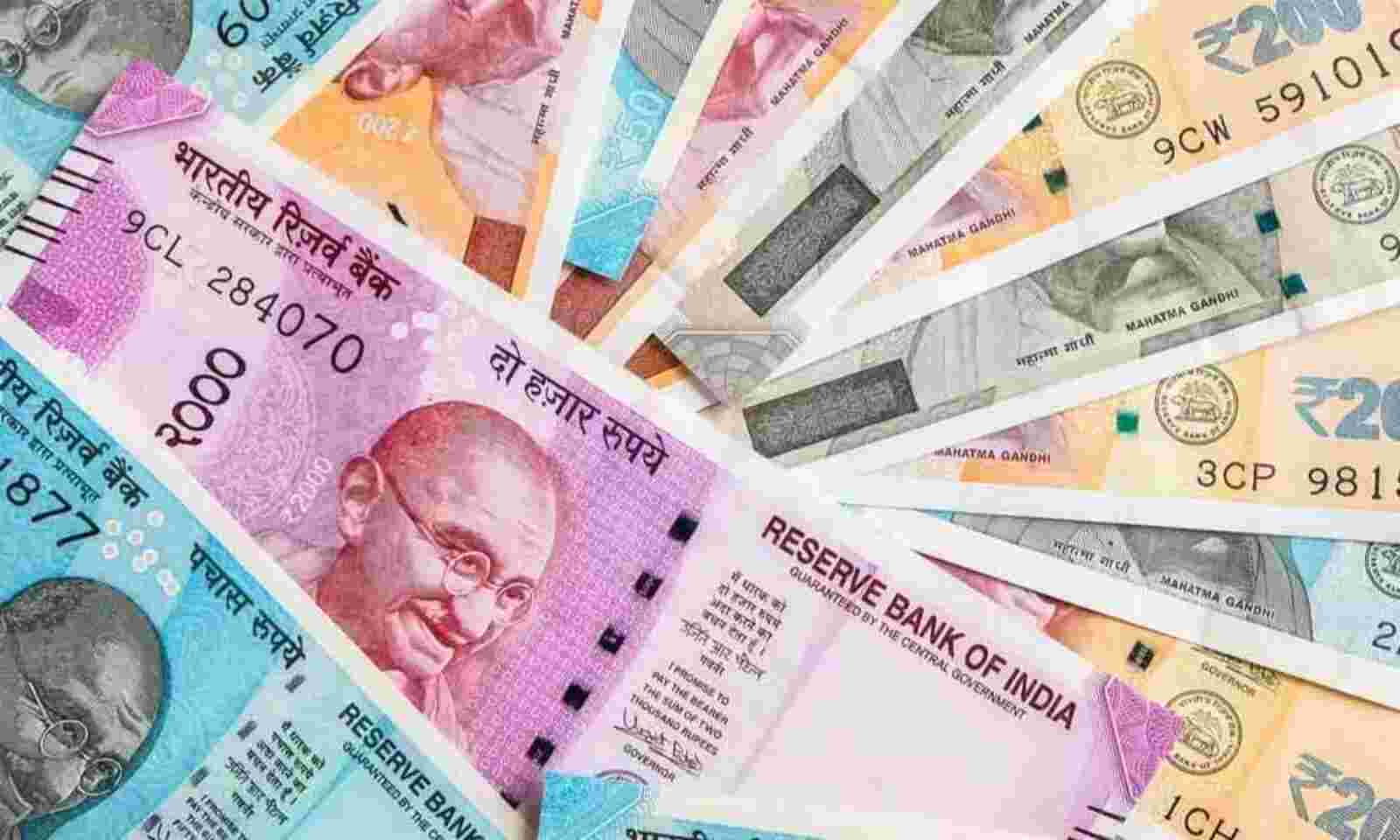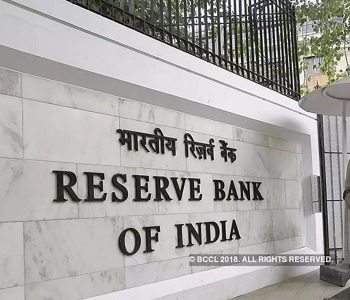India rupee falls to lifetime low as oil prices surge; yields rise

KATHMANDU: The Indian rupee fell to a historic low on Monday, while bond yields surged as a sharp rise in global prices of crude oil stirred concern about domestic inflation, strengthening prospects for interest rate hikes by the central bank.
India imports more than two-thirds of its oil needs and high prices are likely to widen its trade and current account deficits and boost imported inflation.
The partially convertible rupee was trading at 76.86/87 against the dollar by 0545 GMT, after having touched 76.96 for its weakest level ever. It closed Friday at 76.16.
The rupee struck its previous record low of 76.9050 on April 22, 2020, in the grip of the COVID-19 pandemic.
“There was some dollar selling that came in from state-run banks soon after the rupee touched life lows,” said a senior trader at a private bank.
“But depending on how stocks perform, we can see the rupee weaken again unless there is heavy intervention.”
The Reserve Bank of India usually sells dollars via state-run banks to prevent sharp moves in the rupee. With forex reserves at $631.53 billion by early March, traders feel it has enough firepower to avert a much sharper fall in the currency.
The key concern, however, is whether the RBI will be forced to act to contain inflation by raising interest rates in the aftermath of the Ukraine crisis.
So far, the RBI has reiterated its commitment to reviving economic growth and keeping policy accommodative.
Oil prices soared more than 9%, touching their highest since 2008.
Last week, economists and analysts said India’s trade and current account deficits were likely to widen, putting pressure on the rupee, as global oil prices surge and the domestic economy re-opens from a third wave of the pandemic.
The benchmark 10-year bond yield was trading at 6.88%, up 7 basis points on the day.
Traders will continue to monitor domestic shares and moves in global crude for further direction during the session.
Indian shares tumbled more than 2%, with investors dumping risky assets as oil prices soared after the United States and European allies were said to be mulling a Russian oil import ban.














Facebook Comment